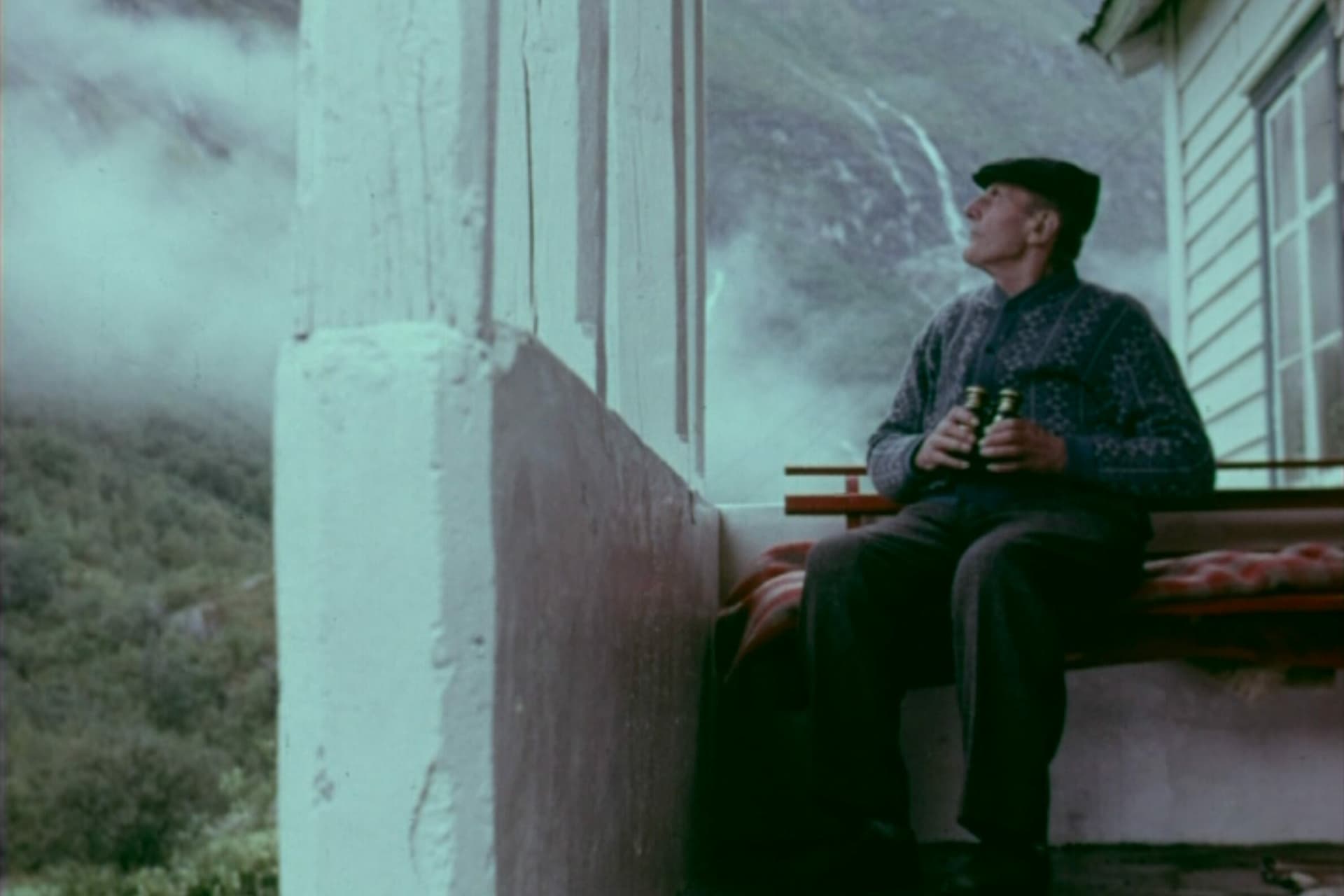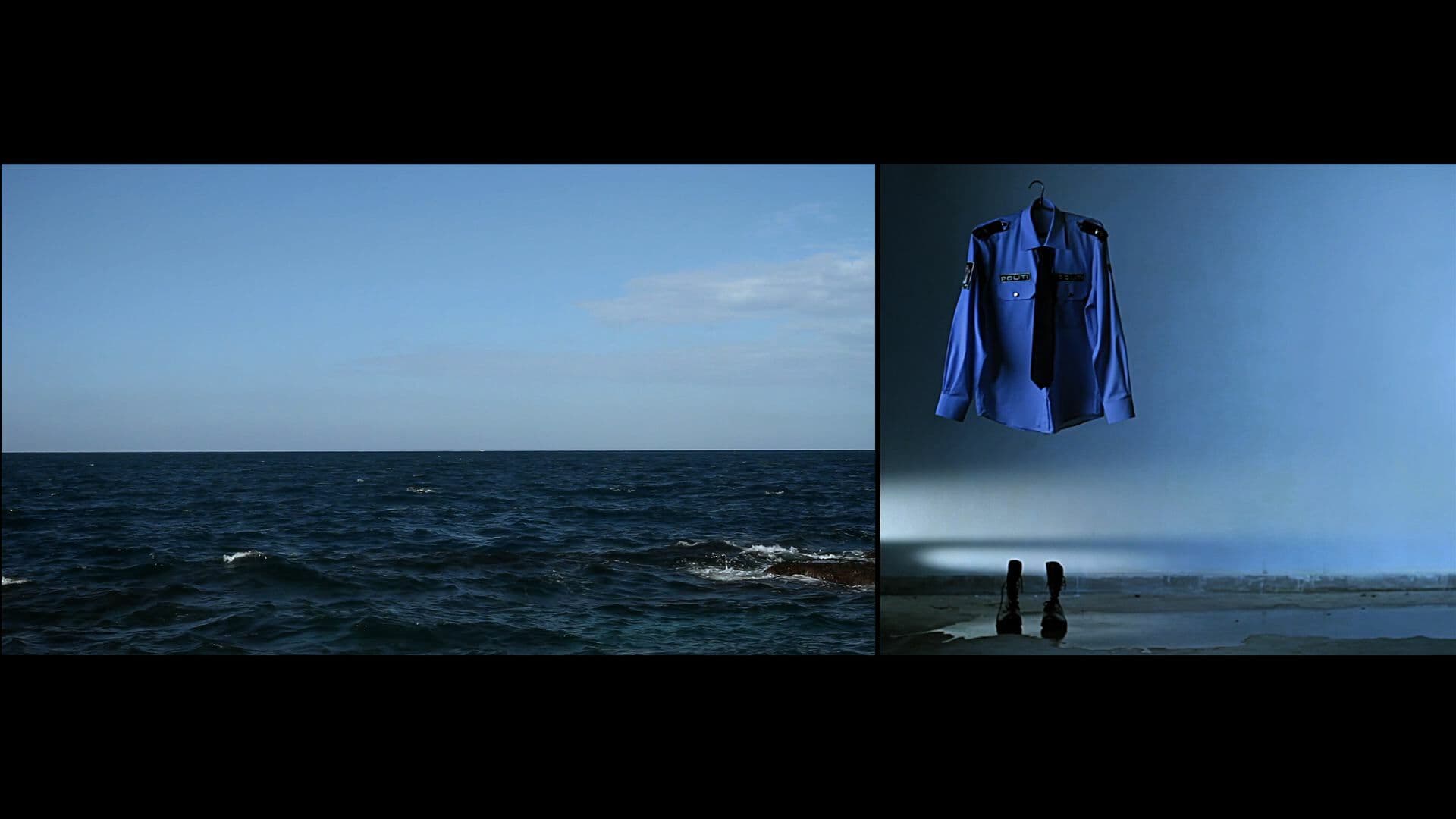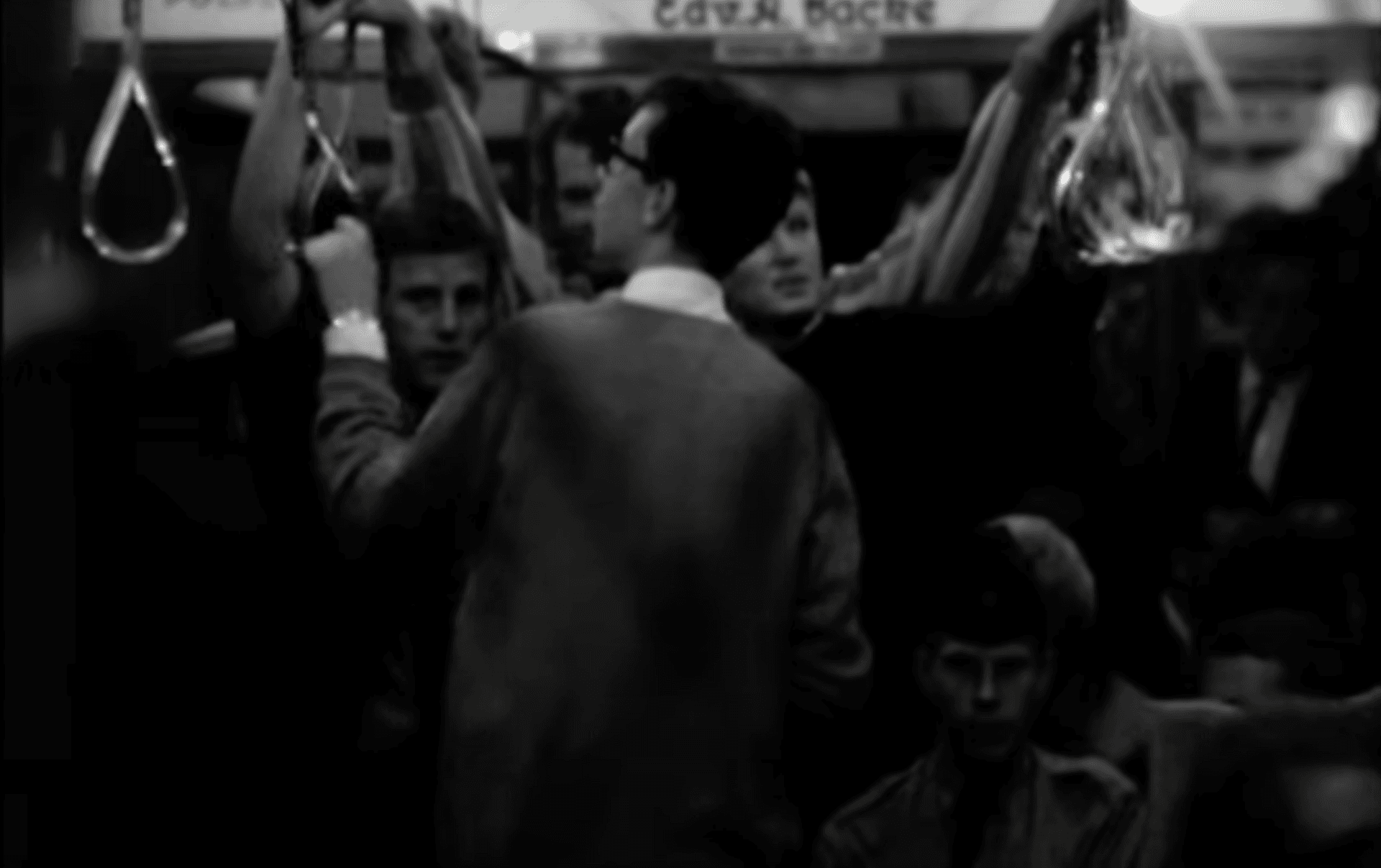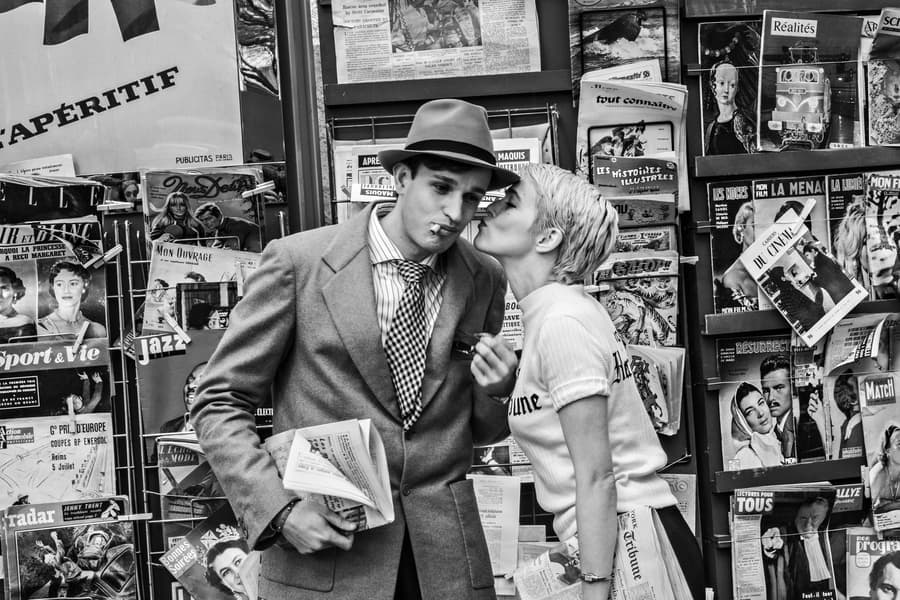The Deviant Product with Rana Issa and Arnd Schneider

Welcome to the second edition of The Deviant Product, a screening series that explores the role of alternative moving images in Norway today. This screening begins with a question: Does Norway have its own history when it comes to artists' moving images, or should we try to think beyond national stories in film and art? And how have artists themselves reflected on Norway's place in the world in their work?
After a film screening, researchers Rana Issa and Arnd Schneider participate in a conversation with the initiator of the screening series, curator and writer Mike Sperlinger. The conversation will be held in English.
About the event
In the 1960s, the Norwegian filmmaker Erik Borge stated that there was a lack of examples of "free artistic short films" in Norway, which he defined as "the deviant product - the strange, the difficult, the angry".
The Deviant Product is a new screening series that investigates the ambiguous space between fine art and film, and asks what might count as "deviant products" of the moving image today. Guests from the art field are invited to nominate works they consider important, in some way, for renewing a conversation about alternative and experimental moving images in a Norwegian context. The screening series is arranged by the new initiative PRISMS.
This time we are joined by two guests: Rana Issa, board member at Masahat - Open Spaces for Arab Culture in Exile, and Arnd Schneider, Professor of Social Anthropology at the University of Oslo. Both have proposed artists' moving images about connections between Norway and other parts of the world.
The screening is supported by Norway's Cultural Council.
Program
Arild Kristo, The Underground (Norway, 1966, 12 min, 16mm transferred to video)
The first film by photographer and filmmaker Arild Kristo, once known as "the most rejected filmmaker in Norway". The film begins as a sharply-observed documentary of everyday commuter life in Oslo (a journey on the Kolsås metro line) before other subterranean logics begin to make themselves felt.
"In Kristo’s film, the underground frames a close and familiar microcosm, but the bigger picture brutally and aggressively enters into this little world." - Gunnar Iversen
Theo Eshetu, The Return of the Axum Obelisk (2009, single screen version of 15-screen installation)
In a work originally shown as an immersive installation, Eshetu shows the return of the ‘Roman’ Axum Obelisk to Ethiopia more than 70 years after Mussolini had it shipped to Italy as spoils of war. Building on his own film documentation of this extraordinary incident of restitution, Eshetu has created an elaborate work whose compositional complexity is a small-scale honouring of the technical feat of engineering involved in reinstating the towering obelisk.
Ahmad Ghossein, You Have to Swim, You Have No Choice (Norway/Lebanon, 2012, 8 min, video)
“The 8-minute film consists of two screens shown in parallel. In one screen, a static camera is aimed at an object located in the left corner of an otherwise empty room. The other screen shows a turbulent sea. The film was inspired by the personal story of Bassel Alaoud, a Lebanese who survived Utøya massacre. Ghossein also comes from Lebanon (b. 1981 in Beirut), a country that for many years was marked by war. We can therefore imagine that this theme is personal for Ghossein, and he has used subtle means to tell the story of Alaoud." - Patricia Tveter
Erik Borge, Fallout (Norway, 1964, 10 min, 16mm transferred to video)
“Erik Borges Fallout from 1964 was the very first ‘free artistic short film’ [in Norway] ... Fallout is a quiet and careful film. It is atmospheric, with beautiful images in a green shimmering colour scheme, and a suggestive and secretive soundtrack. [The film] is loosely structured around one day, and takes place from morning to morning. This was a common way of structuring many documentaries in the inter- and post-war period, and such a 24-hour structure was also common in many Norwegian information films. The dominant before-and-now or before-and-after rhetoric in the information films, however, has been turned upside down. In Fallout, before is more positive than after, and in an indirect and careful way the film represents a critique of the information film's belief in the future and technological optimism. Fallout is a gloomy poetic allegory, a condensed image of a mood or a state of mind." - Gunnar Iversen


About the contributors
Rana Issa enjoys exploring the histories, theories and practices of translation. Her passion is to find the balancing point between public humanities, activist engagements and academic curiosity. She writes in a variety of genres and languages and has occupied leadership roles in various aspects of cultural production. She was the previous editor of Arabic and Translation in Rusted Radishes and is the artistic director of masahat.no. She makes a living as a member of the faculty at the American University of Beirut and a senior Researcher at the University of Oslo.
Arnd Schneider is currently Professor of Social Anthropology at the University of Oslo, and was formerly Reader in Anthropology at the University of East London and a Senior Research Fellow at the University of Hamburg. He writes on contemporary art and anthropology, migration, and film. He was a co-organizer of the international conference “Fieldworks: Dialogues between Art and Anthropology” (Tate Modern, 2003). His latest book is Expanded Visions: A New Anthropology of the Moving Image (Routledge 2021).
Mike Sperlinger (b. 1977) is a curator and writer, as well as professor of writing practice at the Oslo National Academy of the Arts. In 2002, he co-founded LUX, a London-based agency for artists working with the moving image. Sperlinger acted over a decade as assistant director developing the distribution of LUX's film and video collection.
